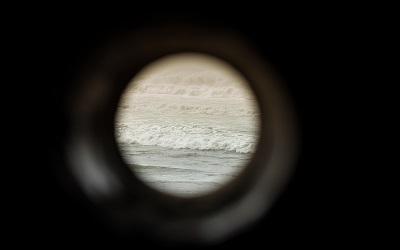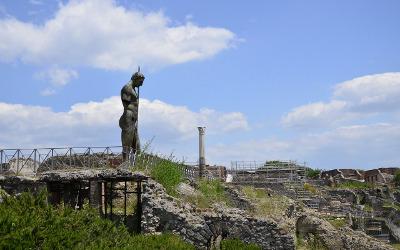You are here
- Home
- Year of Mygration
- Day 222, Year of #Mygration: Why we should be slow to judge migrants
Day 222, Year of #Mygration: Why we should be slow to judge migrants

Yesterday, we heard from OU PhD student Ganiat Omolara Kazeem. Ganiat admirably admitted that, like many, she had once judged migrants. In today’s post, we hear from Carlos Azevedo, also an OU PhD student. He discusses an encounter he had when serving as a lawyer representing a young migrant mother. In the era of populism where migrants are at times, scapegoated and blamed for things they are not responsible, we should look beyond the labels and statistics and remember that migrants are also human beings like us.
Many years ago, in what now seems a previous life, I worked as a qualified lawyer in Portugal. Although I had enjoyed being a Law student, and I believe that training has influenced the way I analyse things until this day, I did not particularly enjoy my experience as a lawyer.
However, I still remember a particular case. It was Christmas Eve, and I was replacing a colleague as an officially appointed lawyer at a criminal court in Porto. Most of the cases I dealt with that day were minor issues, except a case related to a Senegalese female. She was arrested and detained during a police raid at a brothel for being illegally in the country.
This lady, who did not speak Portuguese, had a young baby who was just a couple of months old. Although I understand and speak French, I could not act simultaneously as officially appointed lawyer and translator for the court, so I had to request one. It was not an expeditious task, as the country is already half paralysed on the 24th of December. While we waited for the translator to arrive, I took the opportunity to engage with this migrant and find out more about her story.
She told me that she had grown up in a big family, with many siblings, in a rural part of Senegal. She was still in her early twenties, but, unfortunately, starvation and violence, including from some family male members, were not unknown to her. One day, she decided the best option would be to run away from home. She did not know exactly how her life could be different, but she was sure that what she had been experiencing since she was born was not a proper and worthy life – at least she knew that much.
She paid some men to bring her to Europe, but she ended up being abused by them. She managed to escape, but she had to prostitute herself to survive. When she finally managed to arrive in Europe, Lisbon was the designated place. Without any formal type of education and not speaking Portuguese, she resorted to what had allowed her to survive while crossing part of the African continent: prostitution. For a short period, she had believed that she could be happy. She had fallen in love with a Portuguese man and had a baby with him, but, again, the male violence that she had experienced all her life did not let her remain hopeful for too long. So once more, she decided to run away, but this time with a baby in her arms. Porto, in northern Portugal, was her chosen destination, and prostitution the only way to avoid starvation.
We could have continued our conversation for hours, but, eventually, the official translator arrived, and we proceeded with the session. I did the best work I could, using the fact that she had a Portuguese son to avoid deportation. I no longer remember the exact details, but I believe she was taken to a state institution run women's refuge. What I remember well to this day, and I will never forget, were her last words.
At the end of the session, the judge, who happened to be a female, decided to preach to her on how she had degraded herself by resorting to prostitution as a way to survive. She listened to the translation attentively and, in the end, just said these words: “You do not know what I had to go through, you cannot judge me.”
As it happens, she was judged. However, she knew only too well that there is always a part of you no one can touch.
Contact our news team
For all out of hours enquiries, please telephone +44 (0)7901 515891
Contact detailsNews & articles
Quarterly Review of Research
Read our Quarterly Review of Research to learn about our latest quality academic output.

